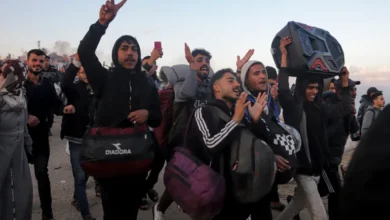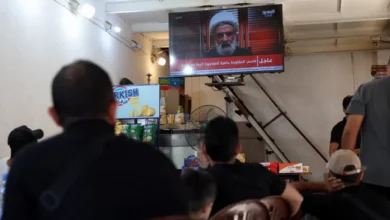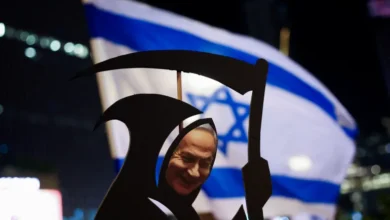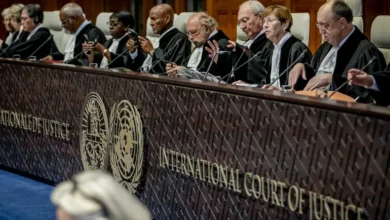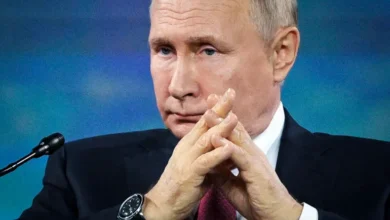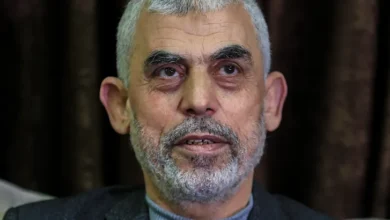Europe Blocks Ukraine from Ending Its War with Russia
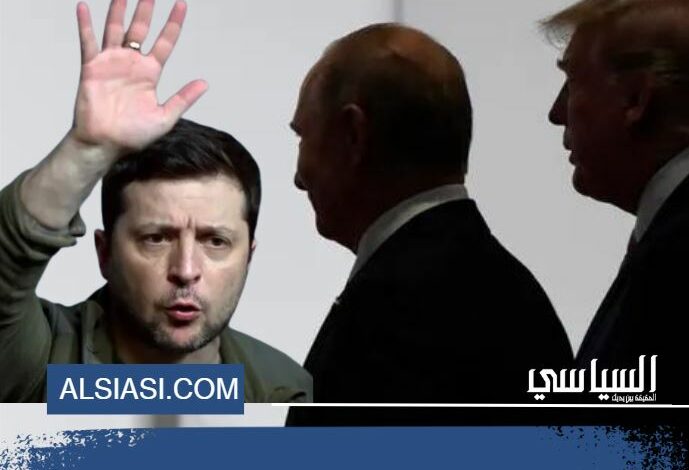
Negotiations between U.S. President Donald Trump and Russian President Vladimir Putin, held in Alaska on August 15, concluded with a shared understanding of the urgent need to end the ongoing Russian-Ukrainian conflict, now in its fourth year.
The agreement—long advocated by Moscow and reluctantly accepted, then repeatedly rejected, by Kyiv—was intended to move beyond temporary ceasefires and superficial compromises toward a lasting peace in which both sides recognize their boundaries and responsibilities.
Trump and Putin reportedly outlined the foundations of such a settlement and presented them to the Ukrainian side, which initially signaled approval. Yet, true to form, Kyiv soon reversed course, dismissing the proposals and fabricating new disputes pinned on Moscow. The most recent example was Ukraine’s claim that Russian drones violated Polish airspace—preceded by allegations of missile strikes into Poland. Investigations later revealed the missiles were Ukrainian, and the case was quietly shelved.
Every time a peace framework emerges with American support, European powers—chiefly France, Britain, and Germany—step in to dissuade President Volodymyr Zelensky. Under their influence, he retreats from his commitments, loudly demanding greater Western backing similar to that provided to Israel, while portraying Russia as a devastating threat to Europe and the world unless stopped at Ukraine’s borders. His appeals inevitably come with calls for massive financial and military assistance.
For Europe, prolonging the war has clear advantages—even at the cost of the Ukrainian people’s suffering. Struggling with inflation, rising living costs, and mounting social pressures, European governments find it convenient to use the “Russian threat” as a scapegoat for their own failures. Through initiatives like the so-called “coalition of the willing,” they work to block any meaningful peace process, deliberately sustaining the conflict and undermining dialogue efforts such as those previously held in Istanbul.
Zelensky himself underwent coaching from European leaders on how to handle Trump following their February 28 White House meeting, which initially strained relations. Eventually, Europeans managed to “reshape” their Ukrainian ally, bringing him back in line with Western expectations.
Meanwhile, international conferences continue to multiply, drawing dozens of countries into issuing statements of support for Kyiv and, in some cases, being pressured into providing financial and military aid to the Ukrainian army.
In Alaska, Washington came to terms with the reality that Russia cannot be defeated strategically. The U.S. acknowledged the retreat of Zelensky’s forces, the deep-rooted corruption plaguing Ukraine’s political and military institutions, and the severe societal collapse within the country. The talks reinforced a growing conviction: the need for a new international order based on collective security.
Moscow, for its part, continues to back Arab positions in international forums—particularly in confronting occupation and supporting the establishment of a Palestinian state. Russia has hosted Palestinian reconciliation talks, condemned Israeli crimes, and promoted regional solutions based on mutual interests. Ukraine, by contrast, has aligned itself with Israel’s hardline policies. Zelensky himself once echoed Prime Minister Benjamin Netanyahu’s stance by urging the elimination of what he called “terrorist children” in Gaza.

